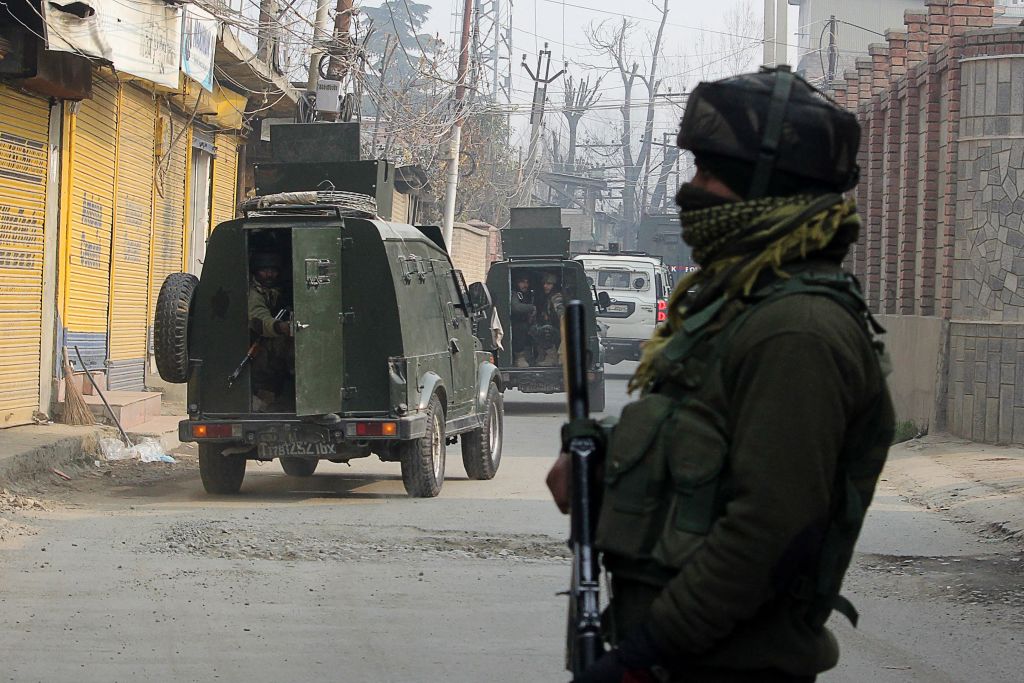- Tuesday, November 26, 2024
In August 2019, the Modi government scrapped Article 370 and bifurcated Jammu and Kashmir into two UTs despite strong protests from opposition.

By: Shubham Ghosh
THE Narendra Modi government was on Thursday (31) set to issue a “positive statement” on restoration of statehood to Jammu and Kashmir, India’s Supreme Court was told on Tuesday (29) after the latter sought a “timeframe” for such a move.
The top court, which is hearing petitions challenging scrapping of Article 370 of the Indian Constitution that gave the former state a special status, focused on the significance of restoration of democracy as it asked solicitor general Tushar Mehta whether a state could be converted into a Union Territory (UT), NDTV reported.
A UT is directly ruled by the federal government, in part or in whole.
Mehta responded in the affirmative and cited the cases of the northeastern states of Assam, Tripura and Arunachal Pradesh.
“I have taken instructions. The instructions are that (J&K being a) union territory is not a permanent feature… I will make a positive statement day after tomorrow (but) Ladakh will remain a UT.”
In August 2019, the Modi government scrapped Article 370 and bifurcated Jammu and Kashmir into two UTs — Jammu and Kashmir and Ladakh — despite strong protests from opposition and political activists.
The government assured the critics that statehood would be restored “once situation returns to normal”.
“A statement (on restoration of statehood for J&K) has been made on Parliament floor. Efforts are being made… once situation returns to normal,” Mehta told the apex court on Tuesday, the 12th day of the hearing.
On Monday (28), the government told the court that the present status of Jammu and Kashmir is not permanent and that statehood will be restored, the NDTV report added.
“It is necessary, for some time, J&K remains under the Union as a Union Territory… ultimately J&K will become a state (again),” the solicitor general had told the court.
Indian home minister Amit Shah, the second-most powerful leader in the ruling Bharatiya Janata Party after prime minister Narendra Modi, had said as much in May, emphasising on the “temporary” nature of Article 370.
Last week, the government told the court that no “constitutional fraud” was done in annulling Article 370 as has been alleged.
Attorney general R Venkataramani, who opened the government’s argument, told the court’s five-member Constitution bench led by Chief Justice DY Chandrachud that “due process was followed”.
The court told the government that it would have to justify the procedure adopted for the article’s abrogation as it could not postulate a situation “where the ends justify the means”.